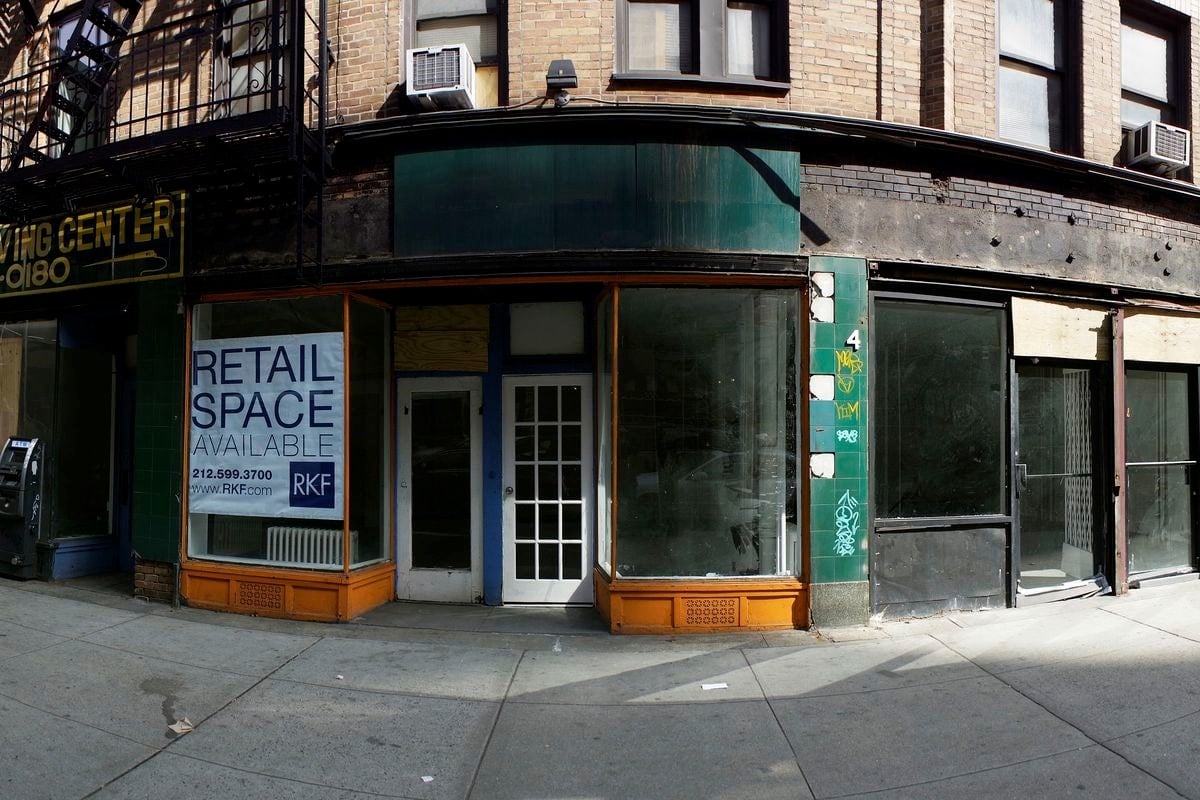
A New Jersey cannabis real estate conference was held in Woodbridge last week where panelists discussed issues in the industry.
The lack of available, affordable cannabis real estate has been one of the biggest breakers of the dreams of humble New Jersey cannabis entrepreneurs.
On one panel, cannabis real estate professional Colby Piper of Ripco said many landlords don’t like small businesses in general since they are prone to failure. In addition, large anchor stores in strip malls often dictate terms and keep cannabis companies away from their strip malls.
“It’s an incredibly volatile market. It’s a challenging market,” panel moderator cannabis attorney Seth Tipton noted.
The lack of capital or investor money and the unique politics of the Garden State can also serve as barriers to entry.
“It is New Jersey,” he noted.
“Talk to who you know. I have a lot of clients who get lucky. I know it’s disheartening. If you don’t ask the question, you don’t know if your network is tapped for that,” Attorney Richard Wells advised. “The towns really are an asset.”
He suggested entrepreneurs call town officials who might know resources to find vacant property.
The problem is the number of pro-cannabis towns is limited.
Finding a Spot in the Green Zone
Finding a spot in a Green Zone where cannabis companies are allowed and getting a good deal from a landlord is an intense hunt.
Piper said that along with finding property, it is a significant hurdle to find pro-cannabis financial lenders. Financial lenders often impose anti-cannabis restrictions on properties. Federal marijuana prohibition influences their decision.
Art Hance of Hance Construction said cultivation sites are the hardest to find.
“They are unusual sites,” he noted.
Hance explained the fact that they need a lot of electricity to impersonate the sun to grow indoors becomes complicated.
In terms of finding investors, he argued large corporate Multi-State Operators (MSOs) abused Venture Capital investment money which made them and other investors skittish. So, finding investors is hard now.
Cannabis consultant Patricia Walker noted that Green Zone distance concerns like how close dispensaries are to schools and churches make Green Zones small. She also noted the value of hiring a lobbyist when getting into complicated town politics.
But lobbyists aren’t cheap.
Wells said that some towns are amending their Green Zone rules and have expanded them.
“Some towns wanted to wait. They’re dipping their toes in,” he noted.
Wells explained that some towns have awarded approval to some struggling companies. But they don’t have the means to open so they’re revoking approval and giving them to other companies.
“New Jersey is a Who You Know state,” Piper explained. “If you can get to 1 councilman, then you can get to others.”
Piper suggested attending local Chamber of Commerce meetings to find friendly landlords and politicians.
Walker said arguing about revitalizing a neighborhood can be persuasive.
Landlords Benefiting from the New Jersey Cannabis Market
Michael Moran of Valley Bank noted there was news of moving marijuana from a Schedule I to a Schedule III narcotic recently. But it will not serve as federal cannabis legalization.
“We’ve received a lot of positive news on this,” he noted. “I do see pharma getting into this.”
He could also see corporate big box stores dispensing it. Those factors would largely ruin New Jersey cannabis entrepreneurs.
One of the big issues in the New Jersey cannabis licensing process is securing property to go through the town and state approval process.
That process can take months, if not a year. So many wanted to save money by getting a Letter Of Intent (LOI) instead of signing a lease.
But Wells pointed out that while LOIs count to apply with towns and the NJ Cannabis Regulatory Commission (NJCRC), they are not legally binding. So, a lot of landlords have reneged on their LOIs and made deals with other cannabis companies.
A lot of landlords that want to make a deal impose a Green Tax on license-seeking entrepreneurs to make them pay more money.
They aren’t the only ones doing it.
Self-Interested Cannabis Real Estate Owners
“You want to vet your client in the extreme,” CP said.
He said some companies might want to do business with a pro-cannabis landlord, which causes them problems.
Piper also noted that a built-out dispensary owned by a struggling entrepreneur could go belly up go up get snatched up and exploited by the landlord. They will then reap the rewards instead.
“They don’t have any of the wherewithal of the experience,” Tipton said of many struggling New Jersey cannabis entrepreneurs. “You’re doing them a service to tell them those are the barriers, and this might not be your thing.”
Cannabis Industry and Politics
On the second panel, NJ cannabis advocate and consultant Diana McElroy said the towns need to be charmed via a political advocacy campaign to secure town approval for a dispensary.
McElroy said the lack of information is a problem.
(That’s why Heady NJ is a great resource!)
“It’s not a green rush. They’ve never ran a retail spot. It’s really hard work,” she explained.
Real Estate broker Daniel Tropp explained Landlords are more open to cannabis companies after seeing the progress some dispensaries made opening.
Cannabis attorney Adriana Peters said the most accepting places are owned by small landlords with few locations.
“They don’t know how to be landlord, much less a cannabis landlord,” she said.
Peters noted attorneys and consultants can advise them on it.
“Don’t mortgage your house on this,” McElroy noted.
It was noted by a few that landlords in South Jersey are friendlier. Real estate, in general, is less in demand there, so landlords might be open to the new business.
The panelists displayed varying degrees of sympathy for struggling New Jersey cannabis entrepreneurs.
To those who want a limited New Jersey cannabis market, barriers are good. To others, they are rocks breaking their dreams after they might have gone all in.









